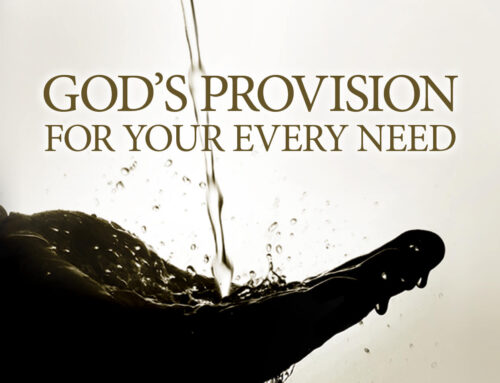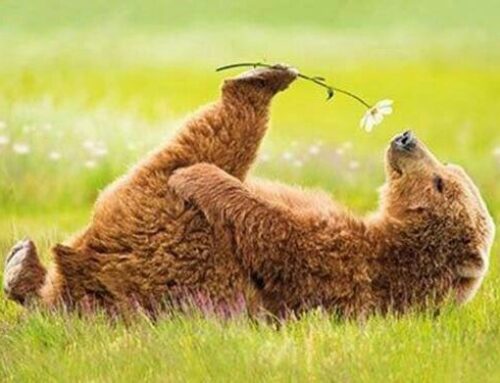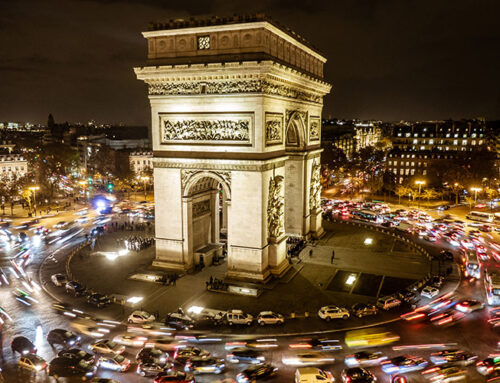Snowflakes fall as a couple walks along a street in Providence, Rhode Island,
In a nation of snowflakes, Christmas has become a trigger word
Tuesday, December 5, 2023
By John & Nisha Whitehead, Special to Higher Ground
Reprinted from Higher Ground
What a year.
It feels as if government Grinches and corporate Scrooges have been working overtime to drain every last drop of joy, kindness and liberty from the world.
After endless months of being mired in political gloom and doom, we could all use a little Christmas cheer right now.
Unfortunately, Christmas has become embattled in recent years, co-opted by rampant commercialism, straight-jacketed by political correctness, and denuded of so much of its loveliness, holiness and mystery.
Indeed, the season for giving has turned into the season for getting … and for getting offended.
To a nation of snowflakes, Christmas has become yet another trigger word.
Christmas casualties in the campaign to create one large national safe space have ranged from the beloved animated classic “Rudolph the Red-Nosed Reindeer” (denounced for promoting bullying and homophobia) to the Oscar-winning tune “Baby, It’s Cold Outside” (accused of being a date rape anthem) crooned by everyone from Dean Martin to Will Ferrell and Zooey Deschanel in the movie “Elf.”
Also on the endangered species Christmas list are such songs as “Deck the Halls,” “Santa Baby,” and “White Christmas.”
One publishing company even re-issued their own redacted version of Clement Clarke Moore’s famous poem “Twas the night before Christmas” in order to be more health conscious: the company edited out Moore’s mention of Santa smoking a pipe (“The stump of a pipe he held tight in his teeth, / And the smoke, it encircled his head like a wreath.”)
In the politically correct quest to avoid causing offense, Christmas keeps getting axed.
Thus, we are witnessing the emergence of an unstated yet court-sanctioned right, one that makes no appearance in the Constitution and yet seems to trump the First Amendment at every turn: the right to not be offended.
Examples abound.
In many of the nation’s schools, Christmas carols, Christmas trees, wreaths and candy canes have at one time or another been banned as part of the effort to avoid any reference to Christmas, Christ or God. One school even outlawed the colors red and green, saying they were Christmas colors and, thus, illegal.
A New Jersey middle school canceled a field trip to attend a performance of a play based on Charles Dickens’s “A Christmas Carol” because some might have found it “offensive.”
In Texas, a teacher who decorated her door with a scene from “A Charlie Brown Christmas,” including a scrawny tree and Linus, was forced to take it down lest students be offended or feel uncomfortable.
In Connecticut, teachers were instructed to change the wording of the classic poem “Twas the Night Before Christmas” to “Twas the Night Before a Holiday.”
In Virginia, a high school principal debated about whether he could mention Santa or distribute candy canes given that they were symbols of Christmas.
In Massachusetts, a fourth-grade class was asked to list 25 things that reminded them of Christmas. When one young student asked if she could include “Jesus,” her teacher replied that she could get fired if Christmas’ namesake appeared on the list.
Things have not been much better outside the schools, muddled by those who subscribe to the misguided notion that the Constitution requires that anything religious Christmas-related in nature be banned from public places.
Unfortunately, Christmas is merely one of many casualties in the misguided dispute over the so-called “separation of church and state,” a controversy that has given rise to a disconcerting and unconstitutional attempt to sanitize public places of any reference to God or religion.
Yet there’s a really simple solution to this annual angst of whether students and teachers can display Christmas-related posters, wear Christmas colors of red and green or sing Christmas songs, and that is for government officials to stop being such Humbugs and create a vibrant, open environment where all expression can flourish.
While the First Amendment prohibits the government from forcing religion on people or endorsing one particular religion over another, there is no legitimate legal reason why people should not be able to celebrate the season freely or wish each other a Merry Christmas or even mention the word Christmas.
Hoping to clear up the legal misunderstanding over the do’s and don’ts of celebrating Christmas, The Rutherford Institute’s Constitutional Q&A on “Twelve Rules of Christmas” provides basic guidelines for lawfully celebrating Christmas in schools, workplaces and elsewhere.
After all, the First Amendment affirms the right to freedom for religion, not freedom from religion.
Constitutional attorney and author John W. Whitehead is founder and president of The Rutherford Institute. His latest books “The Erik Blair Diaries” and “Battlefield America: The War on the American People” are available at www.amazon.com. Whitehead can be contacted at johnw@rutherford.org. Nisha Whitehead is the Executive Director of The Rutherford Institute. Information about The Rutherford Institute is available at www.rutherford.org.







Leave a Reply, please --- thank you.